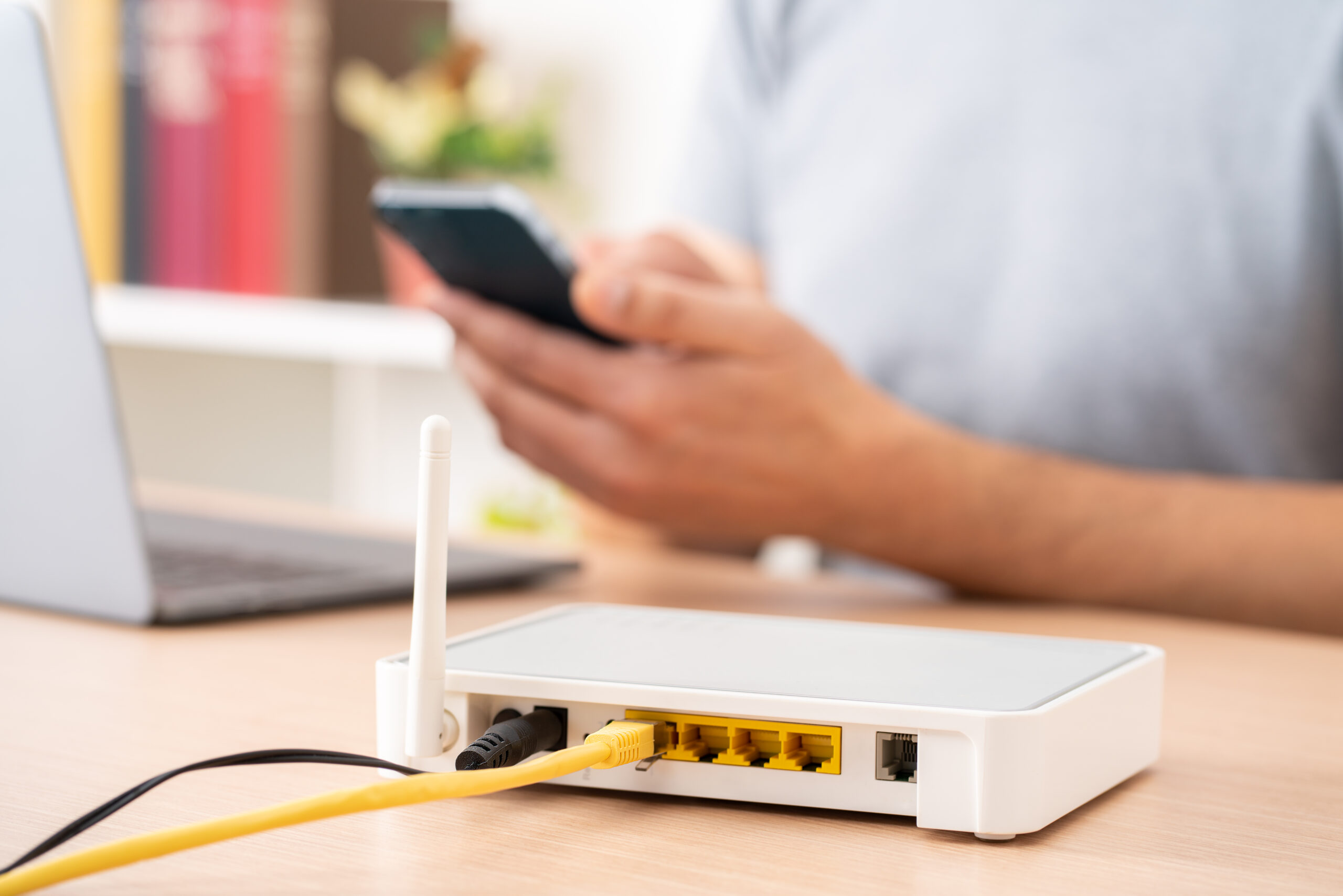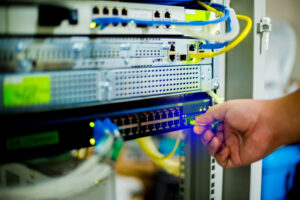For businesses that demand the highest levels of performance and reliability, our Cloudology Connect Leased Line services provide dedicated, uncontended internet connections with symmetrical upload and download speeds.
Ideal for data-intensive operations, these services guarantee optimal performance for critical business applications, ensuring zero downtime and consistent connectivity.
With Cloudology Connect's Leased Line services, you gain the advantage of a private, secure internet connection tailored to your specific business needs.
Experience the Cloudology Connect difference with our Internet Connectivity products, designed to empower your business with the speed, reliability, and support it needs to thrive in a digital world.














